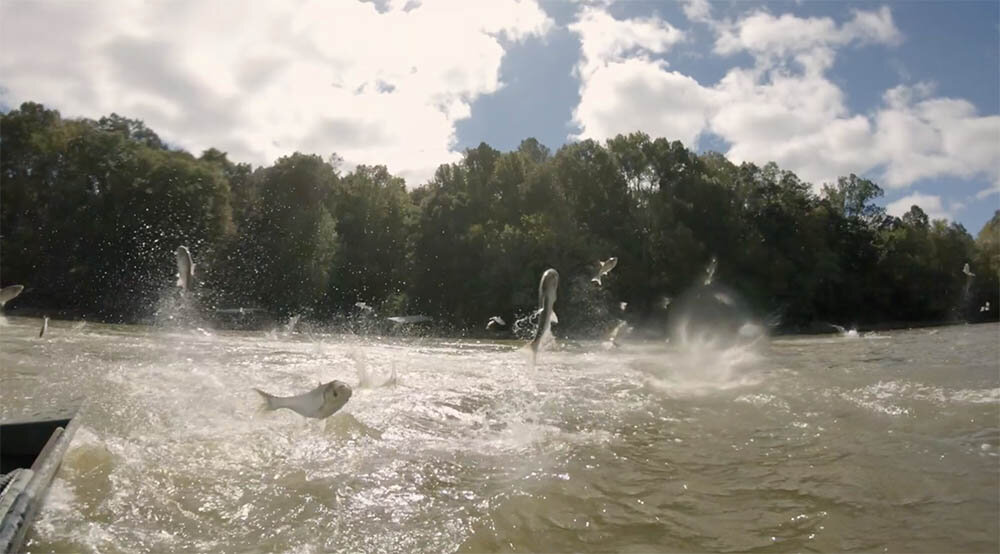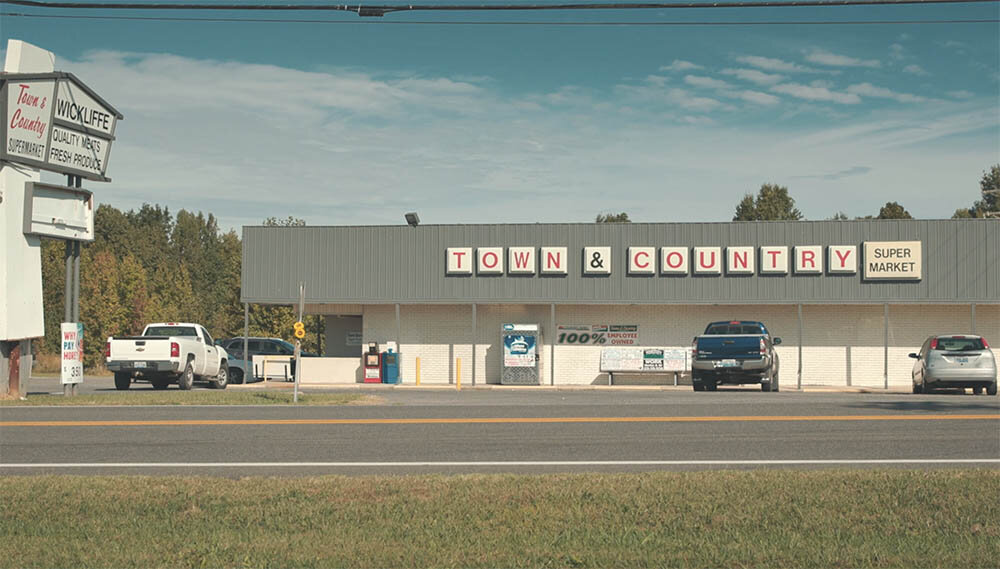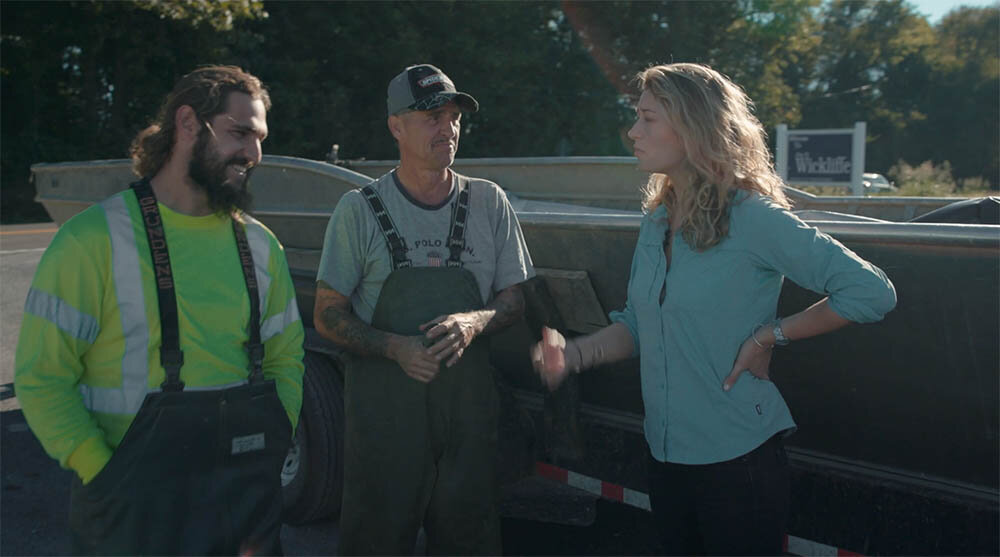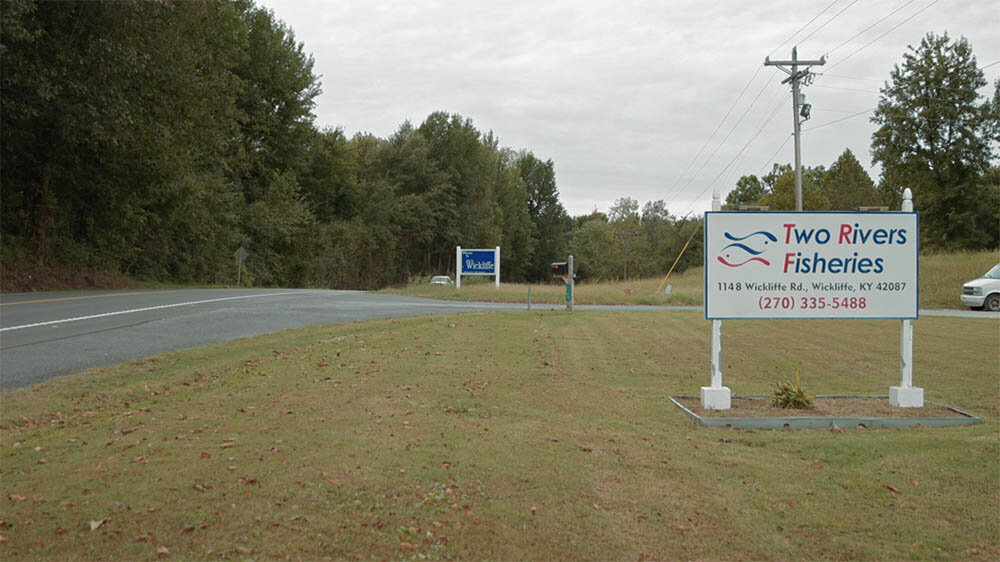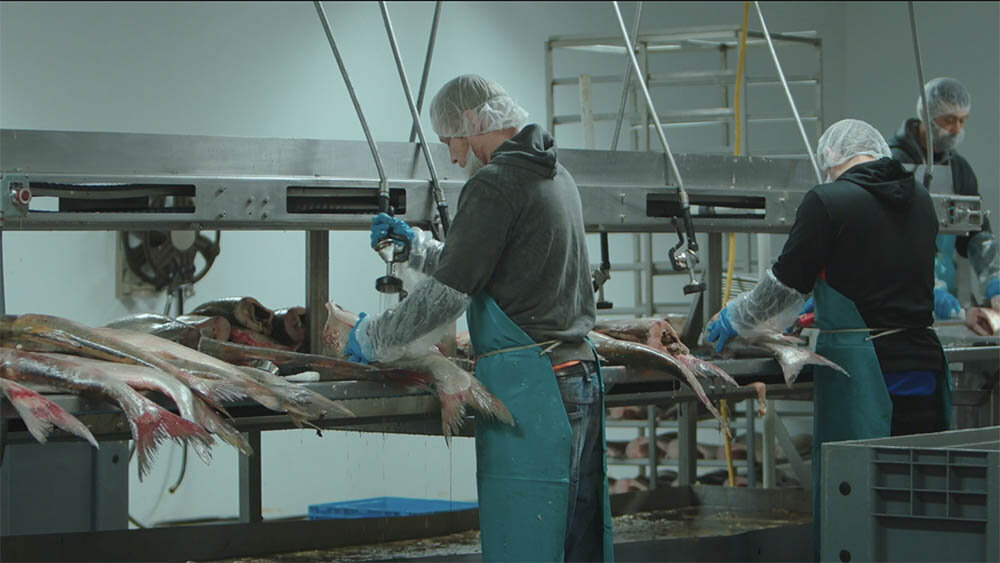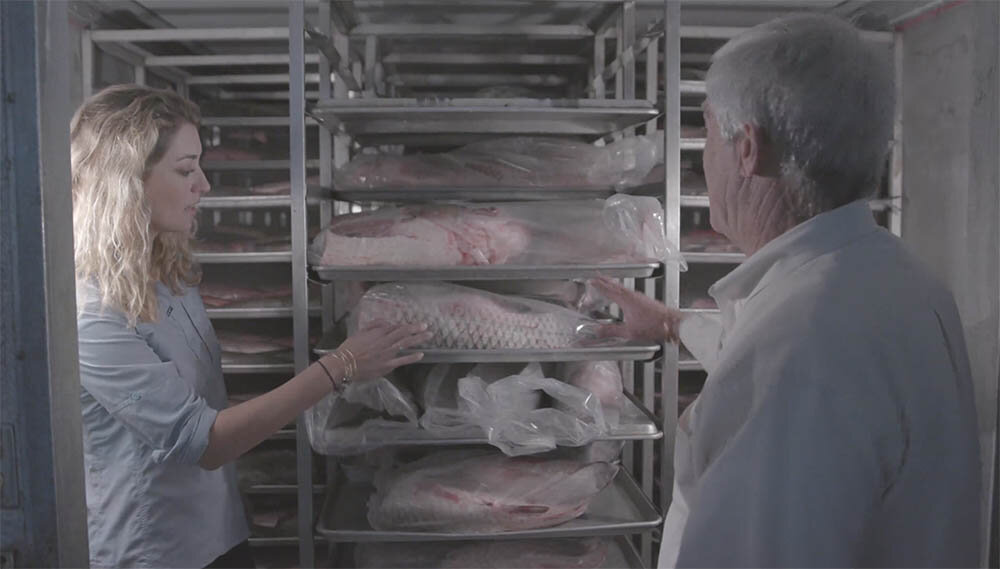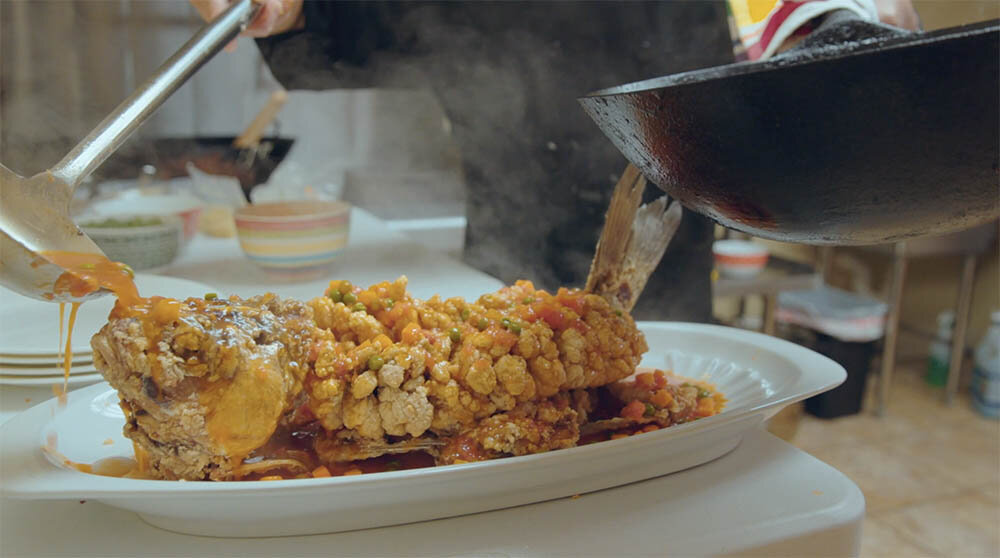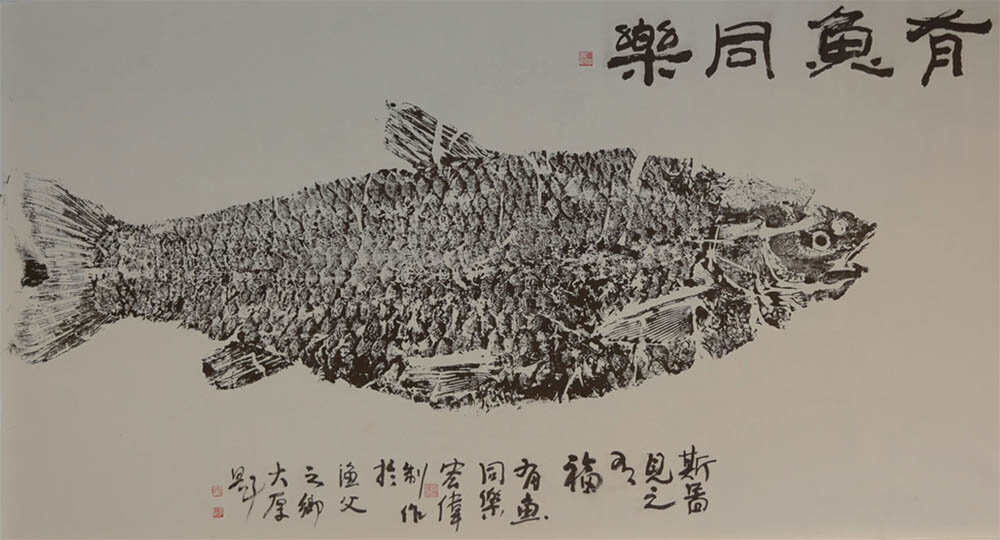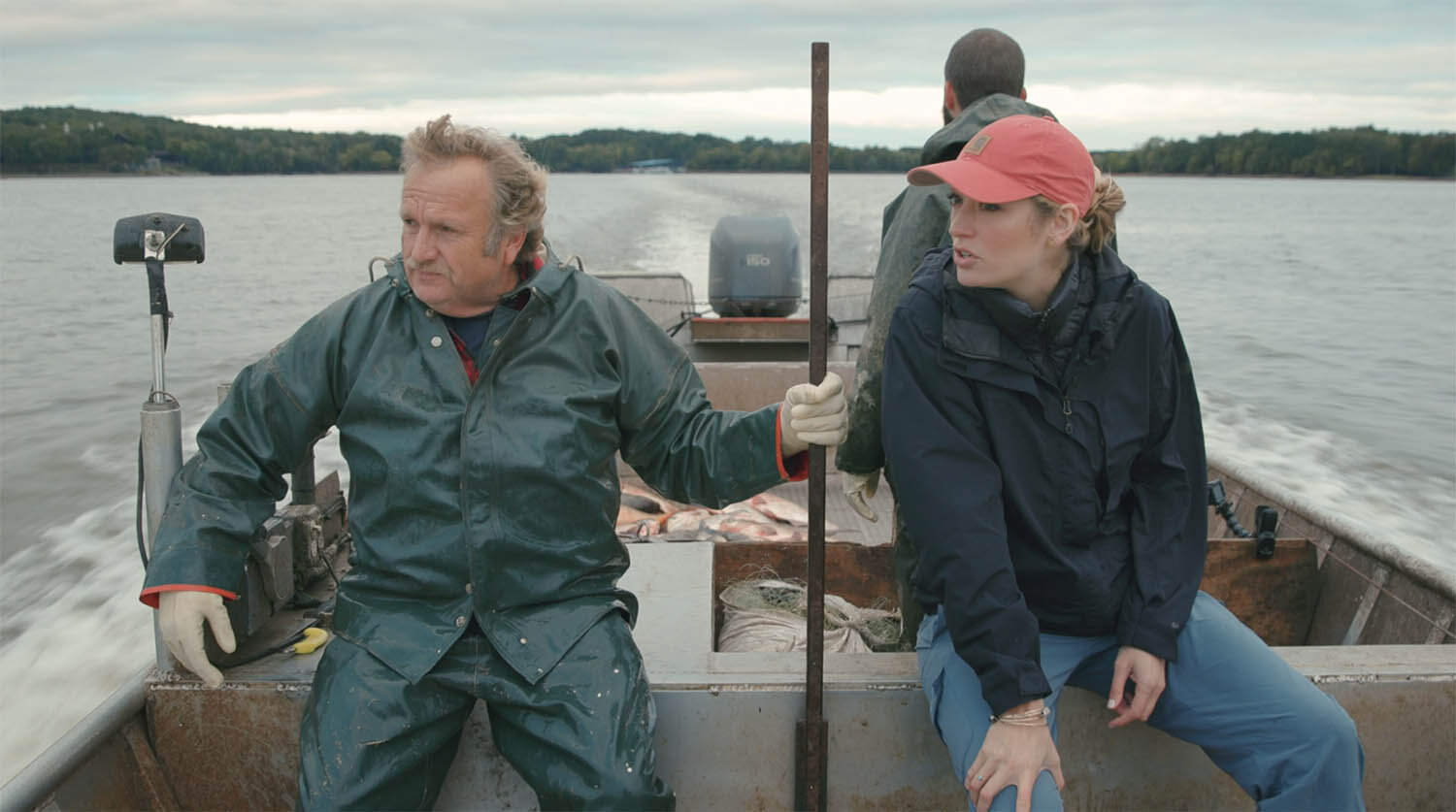ADAPTATION: Kentucky
We introduced Asian Carp into American waterways in the 1970s, in an effort to control algae growth from catfish farms. What was initially considered an intelligent biocontrol method has since turned into one of America’s most menacing invasive species problems. Asian Carp have taken over the Mississippi and Missouri waterways, outcompeting native fish and posing a serious threat to recreational boaters and fishermen. Silver Carp, one of the four species that make up Asian Carp, are easily spooked by the sound of motorboats and are known to suddenly and dangerously leap out of the water (6+ feet in the air). Beyond these physical nuisances, Asian Carp are extremely prolific and resilient. They reproduce quickly and can thrive under a wide range of environmental conditions, ranging from hot, humid swamps to frozen-over ponds and lakes. Many people are worried that their arrival into the Great Lakes ecosystem could bring environmental and economic collapse if not brought under control.
But as with many things in life, sometimes the problem is simply a matter of perspective. A woman named Angie Yu wants to help with that. I first heard about Angie in 2015 by way of a google search. In my quest to find a domestic adaptation story, I came across an article from a local Kentucky news station about a Chinese-American woman who moved to Wickliffe, KY to transform Americans’ understanding of Asian Carp. Originally from northeastern China, Angie has a very different relationship with carp. Where she’s from, carp are practically a delicacy; a delicious, reliable form of protein that also carry deep cultural significance. In the Chinese tradition, carp represent prosperity, fertility and good luck. Far from trash fish, Angie considers carp a valuable resource — one that we are blindly overlooking.
In 2013 Angie opened Two Rivers Fisheries in Wickliffe, KY, America’s first large-scale carp processing facility. It sits at the confluence of the Mississippi and Ohio rivers (hence her company’s name). As Angie sees it, not only is carp a healthy, cheap and sustainable protein source, but it can also create thousands of jobs in the US. She employs local fishermen to catch carp and processes the meat for sale. Though it might take time for Americans to come around to the idea of eating Asian Carp, Two Rivers Fisheries won’t be going out of business any time soon. Angie exports to countries like China, Poland, the UAE and Bangladesh, where our wild-caught carp are in high demand. Marketing the fish as “Kentucky White Fish” as a way to tie the meat color and name to the highly popular US fast food chain found across China, this domestic problem is adapting to the benefits of a more globalized and interconnected world.
Supply & Demand
Angie Yu, founder of Two Rivers Fisheries in Wickliffe, KY, believes that Americans can learn to appreciate Asian Carp if they see them as an economic opportunity. Creating a demand for our carp - whether internationally or nationally - will also dramatically thin their populations in American waterways, something we have not yet successfully achieved.
“If you can’t beat ‘em, eat ‘em”
Before Angie came along, there wasn’t a significant market for local fishermen to sell carp. Two Rivers Fisheries has changed that. Commercial fishermen like Dennis (pictured here) can bring in up to 7,000 lbs. of carp in a single morning out on the water. They will be cleaned and processed into ground fish meat or frozen whole for export.
Wild-caught protein
Though carp are regularly consumed elsewhere around the world, Americans are not as keen on this freshwater fish. The main complaint is how boney they are — which Angie knows well. In an attempt to popularize it for American palates, Angie is now making carp burgers, carp hot dogs, carp bratwurst and carp potstickers with ground, de-boned fish meat. These value-add products are proving to be quite popular, both domestically and abroad.
Photo Credits: Kyle Corea & Daniel Sherer
This story was made possible thanks to the generous support from the following organizations & people:
Redford Center (grant)
GoPro (camera gear)
